Amine El Assouri, Stalks
In the competitive world of higher education, data lakes are radically transforming the way institutions manage and exploit their data. From personalizing student pathways to optimizing operations, discover how these vast reservoirs of information are revolutionizing the education sector.
Understanding data lakes and their impact on higher education
Data lakes represent a major technological innovation in data storage and management, enabling higher education establishments to retain a considerable volume of raw data in its native format. This approach differs radically from traditional databases in that it does not impose a fixed structure on the data in advance, offering unrivalled flexibility in its exploitation. Institutions use these data lakes to integrate information from multiple sources, including student data, staff data, academic research, and digital interactions. Thanks to this rich store of information, universities can conduct predictive analytics and modeling to anticipate trends in the education market, adapt their course offerings and improve their administrative processes, leading to greater efficiency and more strategic decisions.
Personalizing student paths thanks to data lakes
The advent of data lakes has revolutionized the ability of institutions to offer tailor-made experiences to every student. By harnessing data such as academic performance, course preferences, extracurricular commitments and feedback, universities and business schools can now build personalized academic pathways that meet the specific needs and aspirations of each student. This personalization extends beyond course recommendations to support services such as tutoring and counseling, optimized to intervene proactively where students need it most. For example, advanced algorithms can detect early signs of potential drop-out or academic difficulties, enabling rapid intervention that can significantly improve student success and retention rates.
Optimizing operations and reducing costs with data lakes
Data lakes also facilitate more strategic resource management in higher education institutions. By centralizing data, institutions can better analyze and understand spending patterns, resource utilization, and the efficiency of individual departments. This analysis can lead to significant cost reductions, for example, by identifying inefficiencies in campus space utilization or optimizing course schedules to maximize facility utilization. In addition, data lakes enable better planning of future resource needs, forecasting student demographic trends and adjusting academic offerings to match future demand, thus ensuring more predictive and less reactive financial management.
Challenges and ethical considerations when using data lakes
Despite the many advantages of data lakes, their implementation is not without its challenges. One of the main obstacles is the need to maintain data security and confidentiality, which is particularly sensitive in the education sector. Institutions must ensure that all data stored in data lakes is protected against unauthorized access and privacy breaches. What’s more, managing data on this scale requires specialist data science and analysis skills, which are often expensive and in short supply in the education sector. Finally, there are ethical concerns about the fair use of data and transparency in its exploitation, requiring clear policies and regulations to ensure that the benefits of data lakes accrue to all students in a fair and transparent manner.



